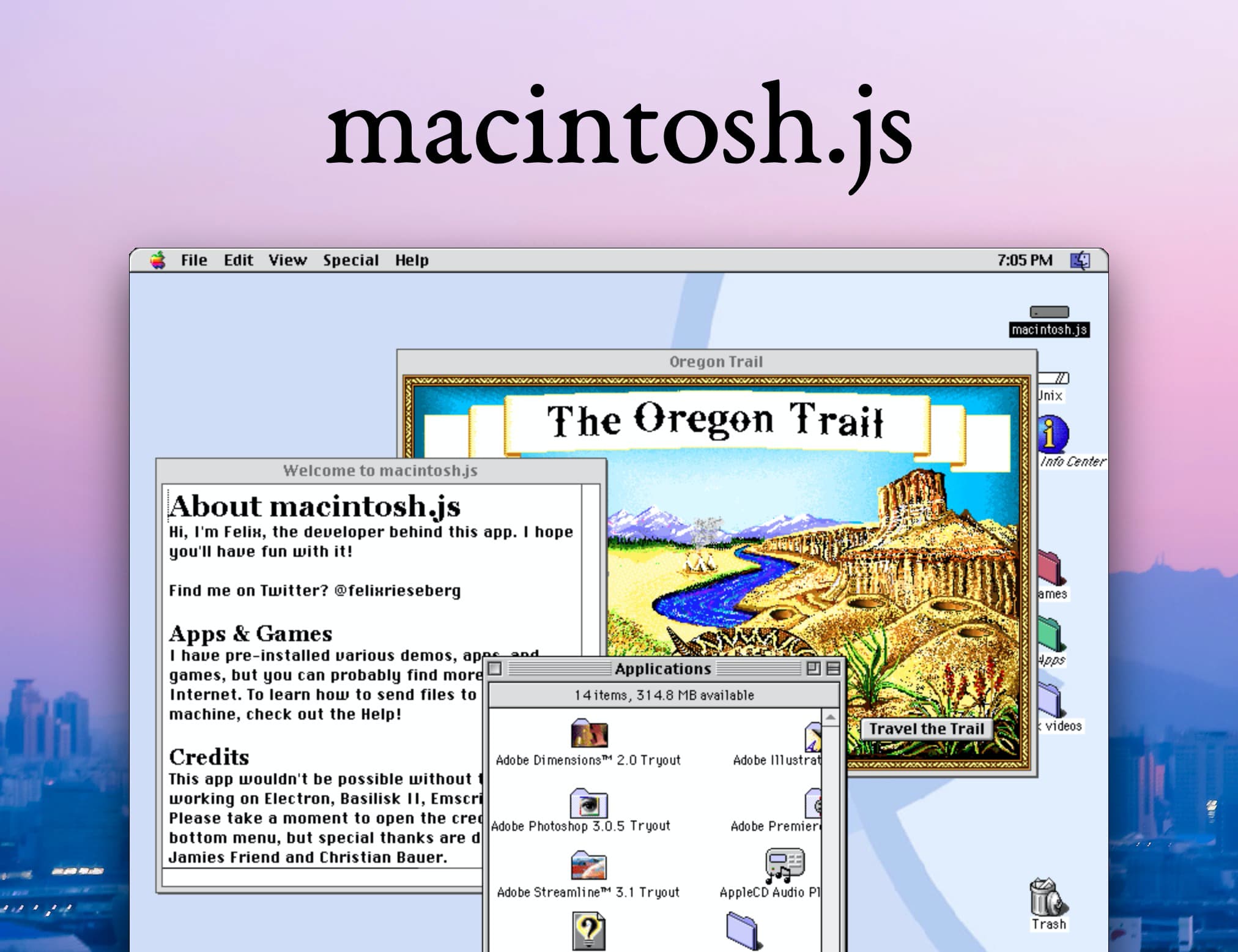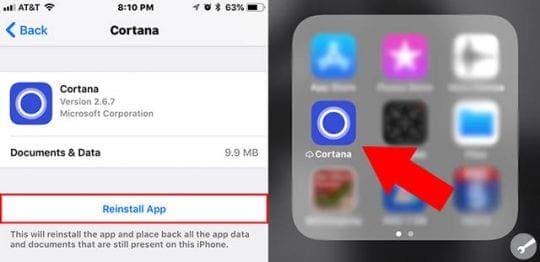Sometimes your gadget starts working slowly for no visible reasons. It becomes especially obvious when you open many apps at the same time and in a couple of seconds you see a frozen screen. In most cases, the problem is a lack of free space available for iOS to work properly.
When the space on your gadget becomes too tight, in most cases, iOS cleans it automatically. The system chooses a couple of apps itself and deletes them to facilitate the device’s work. Thus, all of your data stays safe even though iOS removes some applications. So when you reinstall them later, you get an access to the information you have gathered before just like it never was deleted. This process is called “offloading”.
As much as possible, offload all those files you have little use for to the cloud storage or external drive. A second thought is that you can also get by with less storage on a MacBook or iMac if you have another desktop or primary computer. If you offload the app itself, you will get 1,44 GB of free space and all of your songs (824, 7 MB of music) will stay untouched. If you are worried about your favorite songs or other files, make sure to make a backup before offloading applications. However, remember that this function is a perfect solution to free some space. Offload an Unused App. If you have an app you don’t use much, but you don’t want to delete the app and its data, you can offload the app until you need it again.
Yes, Macs don’t care where Applications are launched from - there’s no specially ‘blessed’ location, so you can run them off an external drive. However, if the drive is a slower spinning-disk type, expect noticeably longer launch times.
It’s a good thing that your iOS takes care of this nuance. However, sometimes you need to control it on your own. We believe that it is much better for you to choose and offload applications with your own hands exactly when you need to do so. We have prepared this simple guide to help you out.
Offloading applications in iOS 11 manually
Let’s start with switching off the automatic offload:
- Go to the Settings app > General > iPad (or iPhone) Storage
At the bottom section, you will see a list of applications present on your device and see how much space they occupy. Press on one of them and see more information and options. Extra options may be useful if you want to limit Apple’s applications. As a rule, devices don’t allow to delete them, but you can adjust functions by changing some of their options.

Heavy applications
It really makes sense to offload heavyweight applications. Take a look at a screenshot above: GarageBand is a pretty large application. But in addition, app’s content – in this case songs – takes place, too. If you offload the app itself, you will get 1,44 GB of free space and all of your songs (824, 7 MB of music) will stay untouched.
If you are worried about your favorite songs or other files, make sure to make a backup before offloading applications. However, remember that this function is a perfect solution to free some space.

More ways to save space on your device
Infineon tpm. Again, go to:
- Settings app > General > iPad (or iPhone) Storage

Is It Safe To Offload Apps
Descargar paint clasico windows vista. Take a careful look at the options offered there. You will see that Safari has space-saving options like deleting your reading list in one click.
How To Offload Apps On Macbook
Also, there is a section called Messages that gives you information about your dialogues, sent videos, images, and even stickers.
Offload applications with your own hands and your device will always have enough free space to work properly. Moreover, you will be able to come back to your content just like you’ve never deleted anything. Make offloading your tradition and you will never run of free storage all of a sudden!